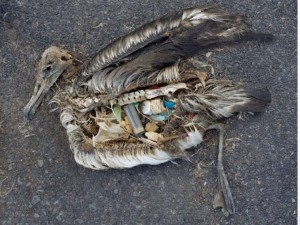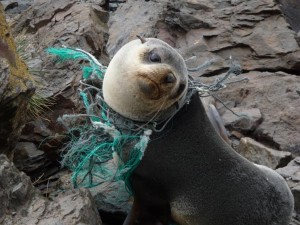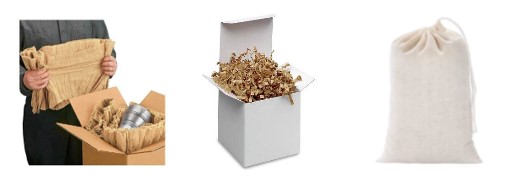06 Oct Wildlife Computers Ups Commitment on Green Initiative
It’s not easy being green—Kermit the Frog
Unless you commit to it. For the last four years, Wildlife Computers has been recognized as a green business by EnviroStars. The EnviroStars program recognizes businesses that follow practices to limit their environmental impact and protect their employees. This extensive application and inspection process honors businesses that take action to reduce water and energy use, waste less and recycle right, prevent pollution, use non-toxic cleaners, support sustainable transportation, and engage their employees and community.
Plastic production has escalated to more than 320 million metric tons every year—and millions of those end up in the world’s oceans. We’ve all seen the photos of sea animals wrapped in fishing lines and plastic or the beaches filled with garbage and plastic bottles. Plastic ingestion is a critical environmental issue. It is estimated that 60 percent of all seabird species have eaten a piece of plastic. It is also estimated that 100,000 marine mammals die every year as a result of plastic ingestion.

Photo By Ocean Health Index

Photo by Ewan Edwards–Clipperton Project
Over the last few years, the packaging and shipping of our tags weighed heavily. How do we keep scientific instruments in the same condition while in transit? We are excited to announce that most of our shipments—around 95%—are contained in recyclable or compostable materials. Not only do the supplies we use stay out of the landfills but keep your tags safe during shipping. You’ve heard the expression, “No more wire hangers?” Well, we can say, “No more plastic bubble wrap,” with the exception of the packing materials we reuse from other vendors.
“The advent of new materials and staff dedication really brought this to fruition,” said Melinda Holland, CEO of Wildlife Computers. “We are going to keep improving that percentage until we can confidently ship 100% of our tags in recyclable or compostable containers.”

Examples of New Packaging
